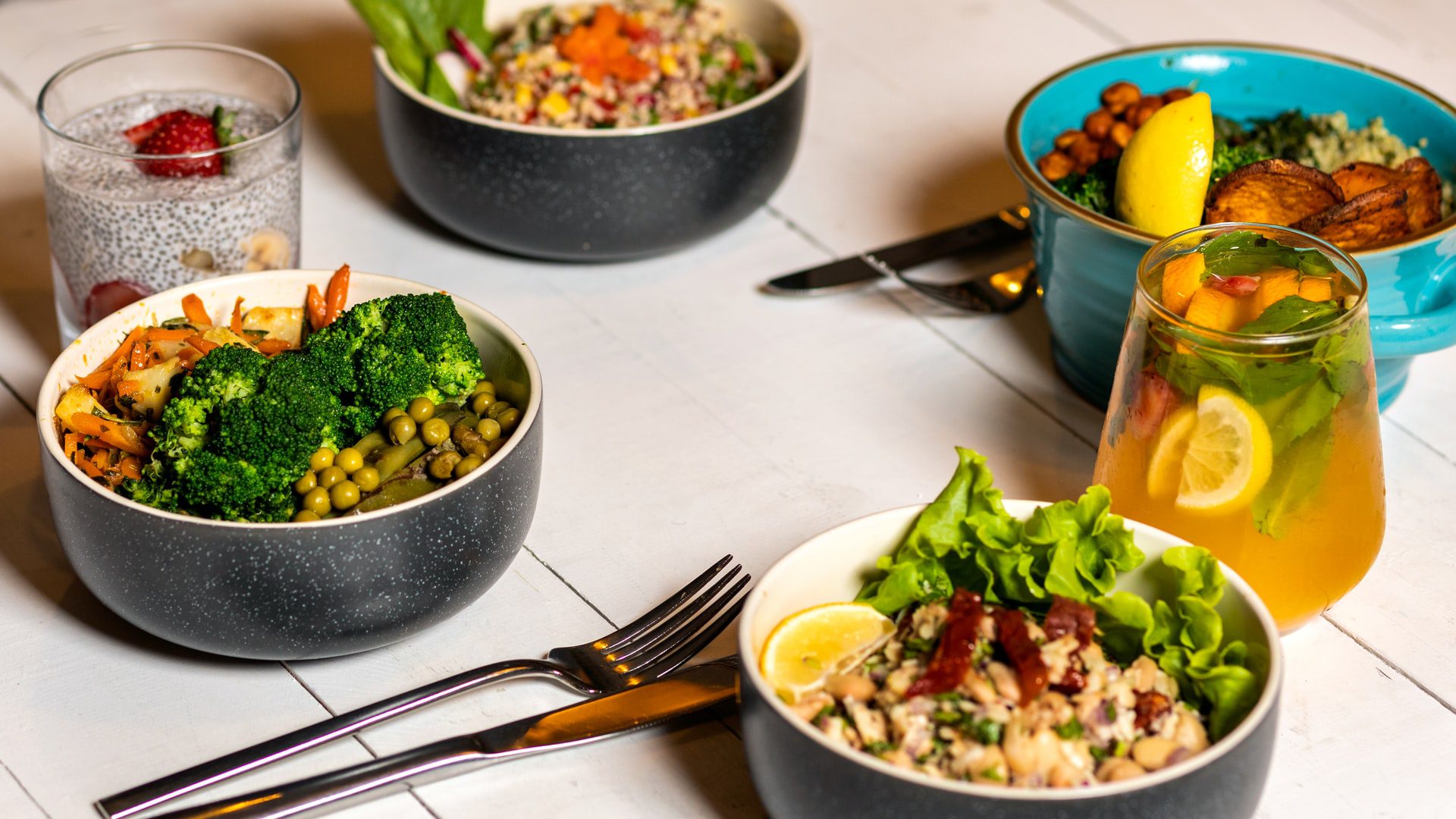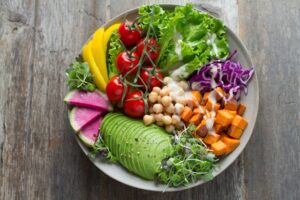To lead a healthy lifestyle, it is essential that you have enough protein in your diet. There is plenty of science-backed evidence for this. Generally, it is best to have between 10% and 35% of protein in your daily calorie intake. Children should have somewhere between 13 grams to 34 grams of protein, girls and women should have 46 grams of protein, while boys and men should include between 52 grams to 56 grams in their daily diet.
Considering the important role protein plays in our daily life, it is vital that you know the different protein sources to maintain your well-being and introduce exciting and flavourful food in your routine diet. Following is a comprehensive list of the best protein-rich food for all ages and dietary requirements.
Table of Contents
Meat
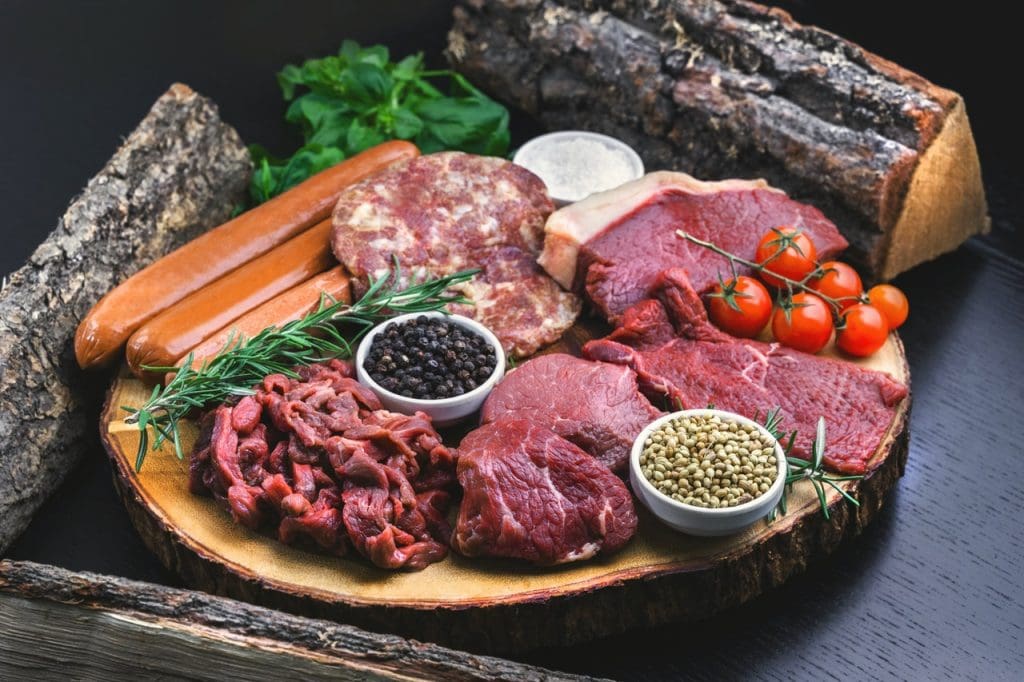
Meat is a favorite among protein lovers due to its rich and juicy flavor. Some excellent sources of meat that have high protein levels include beef, such as American wagyu or lean sirloin steak, lamb, chicken breast, turkey breast, pork loin, lean meat.
The best part about meat is that it is pretty versatile and can be broiled, grilled, or fried and combined with a range of other foods to prepare a truly amazing meal. Meat alternatives rich in protein include tempeh and tofu, both of which are made from soybeans, and seitan, which is made from wheat gluten.
You can also buy meat chips from Carnivore Snax. These are meat snacks crafted from better meat. With a focus on regenerative agriculture, our mission is clear: the wrongful vilification of meat won’t get us anywhere, but a strong sense of honesty will.
Seafood
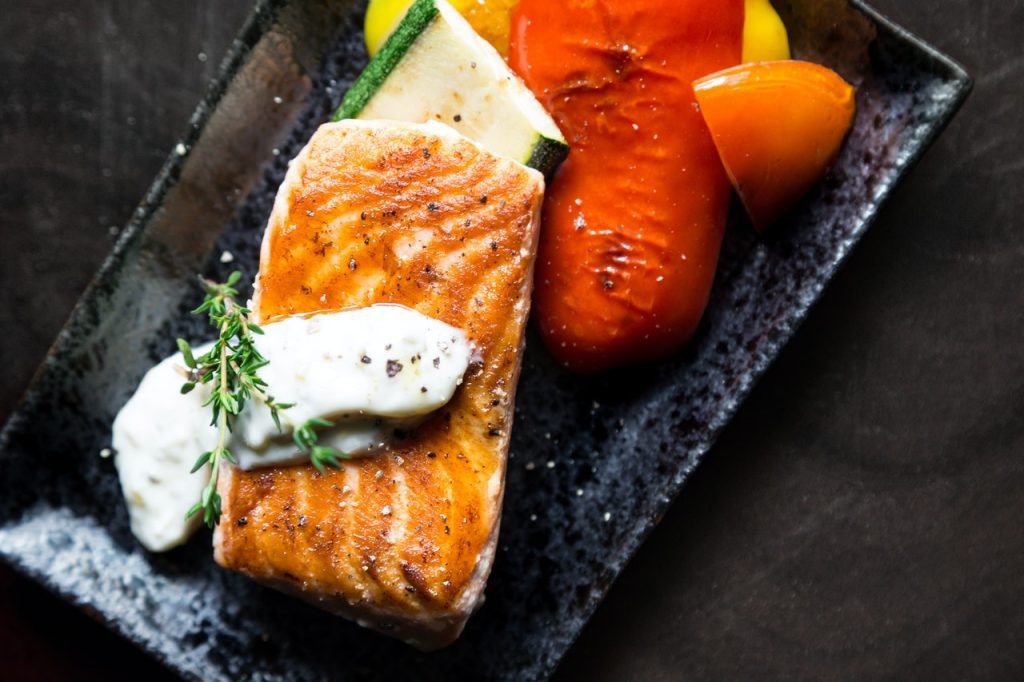
In case you aren’t too keen on red meat as your source of protein but still want to have meat, seafood is your best bet. This includes fish such as tuna, salmon, cod, halibut, sardines, and mackerel. Other seafood that is rich in protein includes mussels, prawns, and shrimp.
Fish is generally great for your health since it also contains omega-3 fatty acids. This nutrient is important for numerous functions in the body, such as fighting inflammation and auto-immune diseases.
Eggs
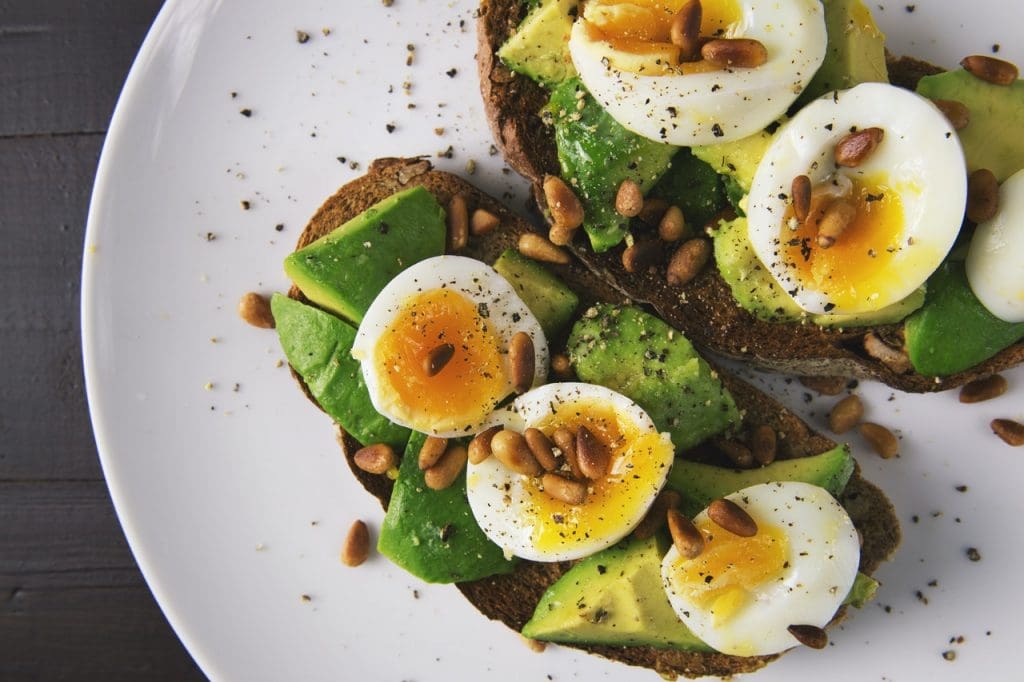
The champion of every breakfast, whole eggs contain lots of it, and the egg whites are pure protein. With one large egg, you can consume approximately 6 grams of protein.
If you think that eggs can just be scrambled or boiled, think again! There are several cool ways to make eggs, and we suggest following some incredibly easy and tasty egg recipes when you decide to make them next time.
If you have an egg allergy, it is best to stay clear of eggs and fulfill your protein requirements by consuming any of the other brilliant protein sources listed in this article.
Cheese

Cheese is the ultimate combination of tasty and healthy. When consumed in moderation, it can provide loads of health benefits since it is a rich source of protein along with vitamins and minerals.
Cottage cheese, for instance, is low in fat and calories, so it can easily be included in your salads and sandwiches daily. Other cheese types high in protein include parmesan, cheddar, stilton, mozzarella, and swiss cheese. So next time you want to snack on something, skip the junk food and nibble on some delicious cheese!
Milk
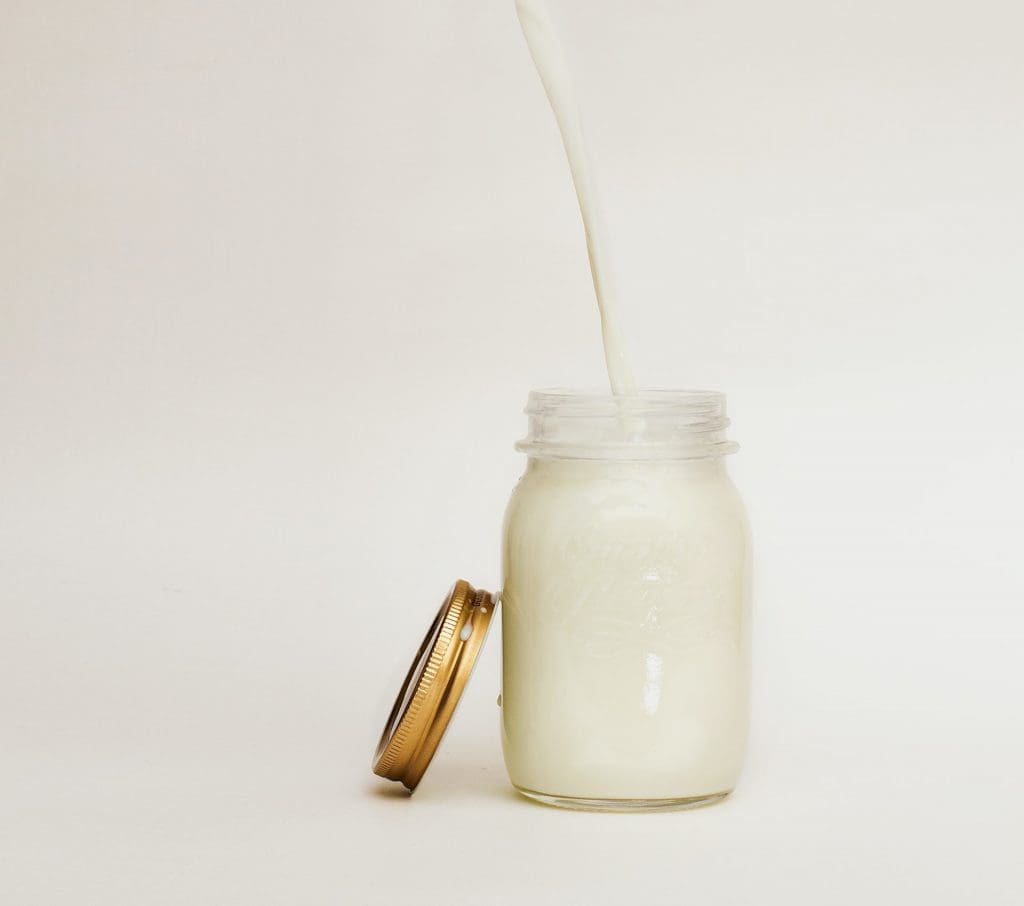
Milk is one of those universal food items that offer a little bit of everything. Along with high protein content, it also contains calcium and vitamin B12, which are essential for your health, especially to maintain strong bones.
A cup of whole milk can give you around 8 grams of protein. If you are lactose intolerant but wish to consume milk, opt for alternatives such as soy or almond milk, both of which also contain high protein levels.
Greek Yogurt
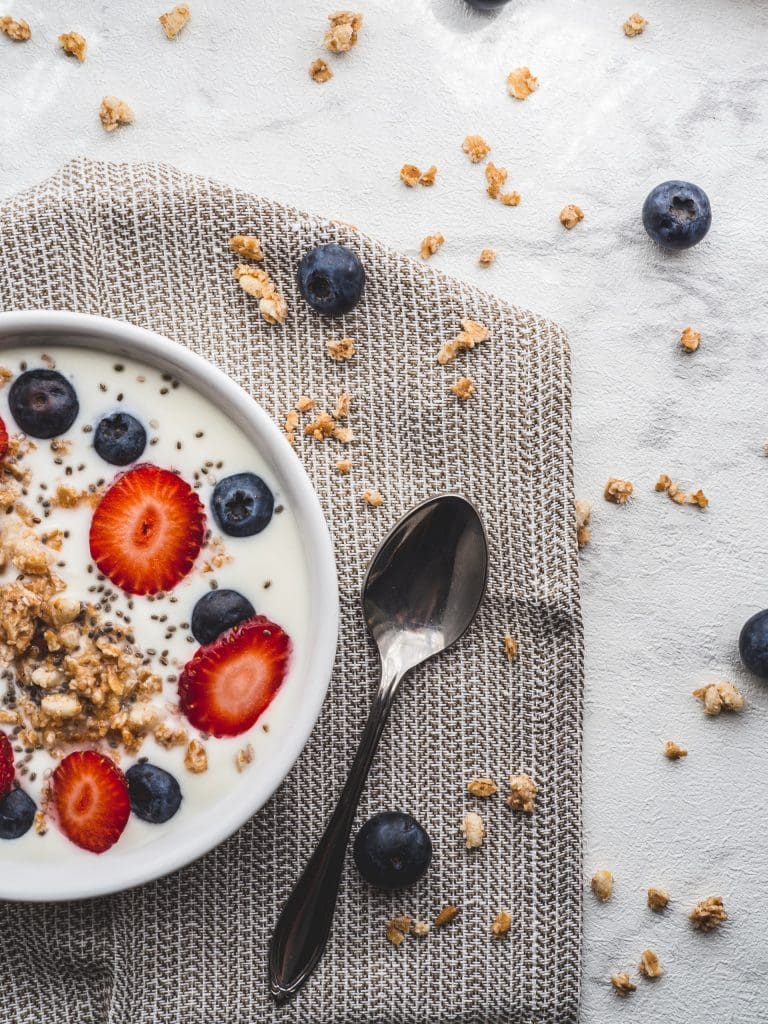
A beloved food item, greek yogurt is a protein-rich food that can be mixed in your salads, acai bowls, or eaten on its own, especially when it comes in different flavors such as strawberry, peach, and blueberry.
Generally, a 6 ounces container of greek yogurt contains approximately 16 grams of protein and fewer than 100 calories.
When opting for greek yogurt, read the label to ensure it doesn’t say ‘full fat’ since that tends to contain more calories in addition to more protein.
Seeds And Nuts
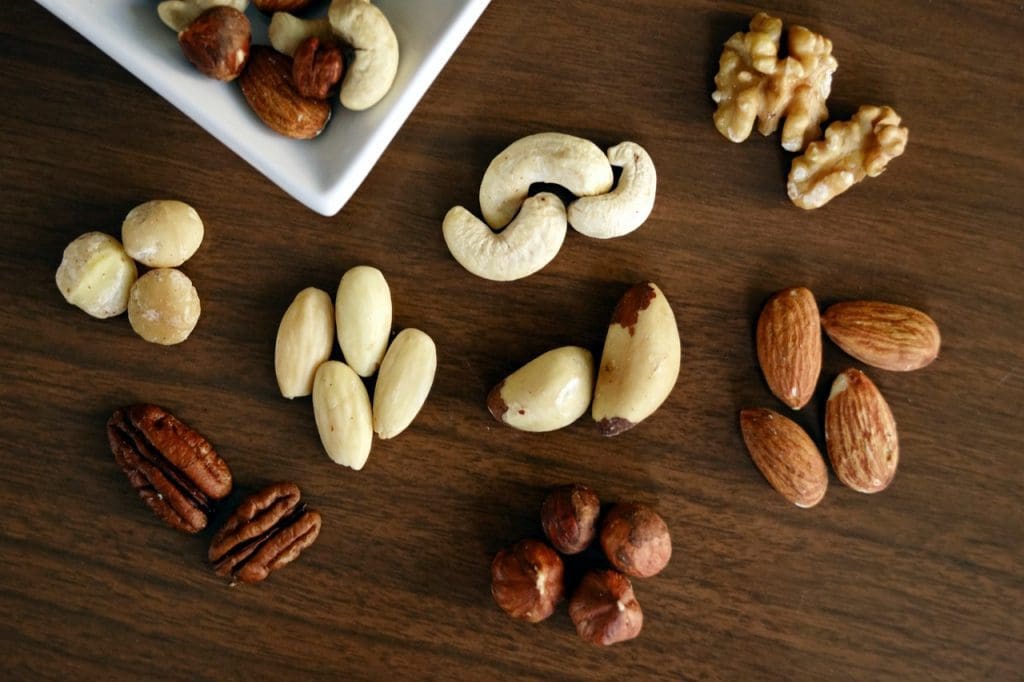
Seeds such as pumpkin, chia, flax, and sunflower seeds are excellent protein sources and can be added to yogurt fruit bowls and milkshakes. Similarly, nuts such as peanuts, almonds, cashew nuts, pistachios, walnuts, and brazil nuts are great for your health as they contain protein and other valuable nutrients.
The cost of nuts, such as almonds, can be very high, but you can save money by buying in bulk and scooping out only what you need to avoid food waste. It is also brilliant to check wholesale pricing on nuts online before purchasing in bulk.
Since seeds and nuts are no-fuss food, we suggest packing some in reusable air-tight bags and keeping them in your bag so you can munch on them throughout the day. This will also help you avoid snacking on junk food and maintain your energy level!
Lentils And Legumes
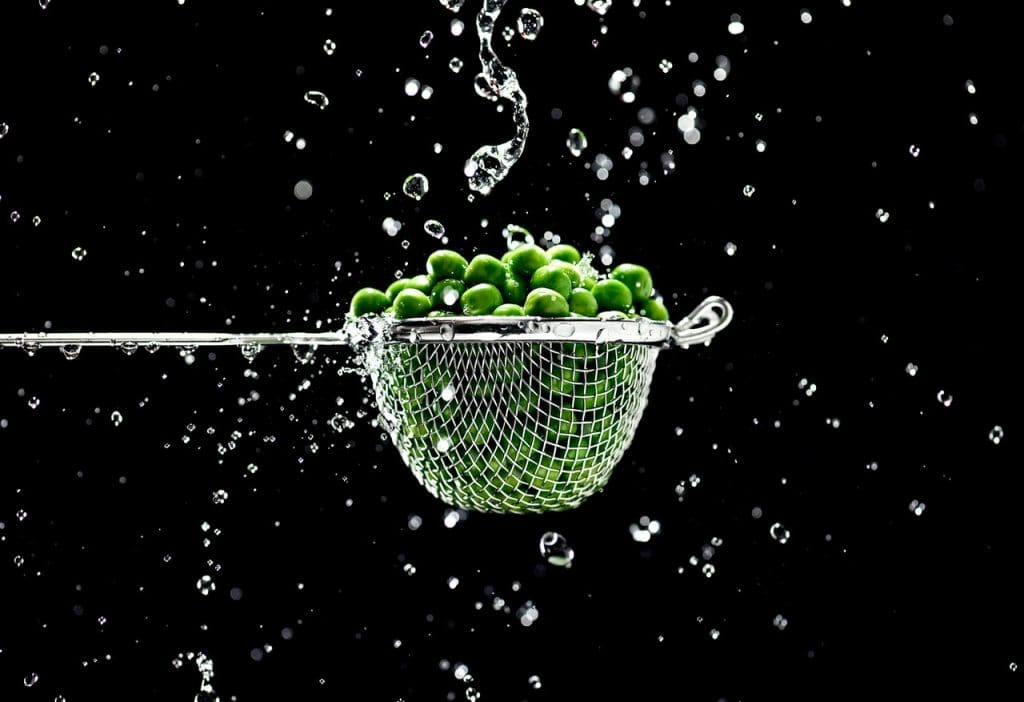
If you are looking for plant-based protein, lentils are your answer! They contain high levels of protein, with 200 grams of lentils containing around 18 grams of proteins.
Similarly, soybeans, chickpeas, white, pinto, lima, black, edamame, kidney beans, peas, and quinoa are all great protein-rich vegan and vegetarian options.
Since some people have trouble digesting legumes, it is best to have them in moderation and switch it up with other protein-rich sources to keep your digestive system on track.
Parting Thoughts
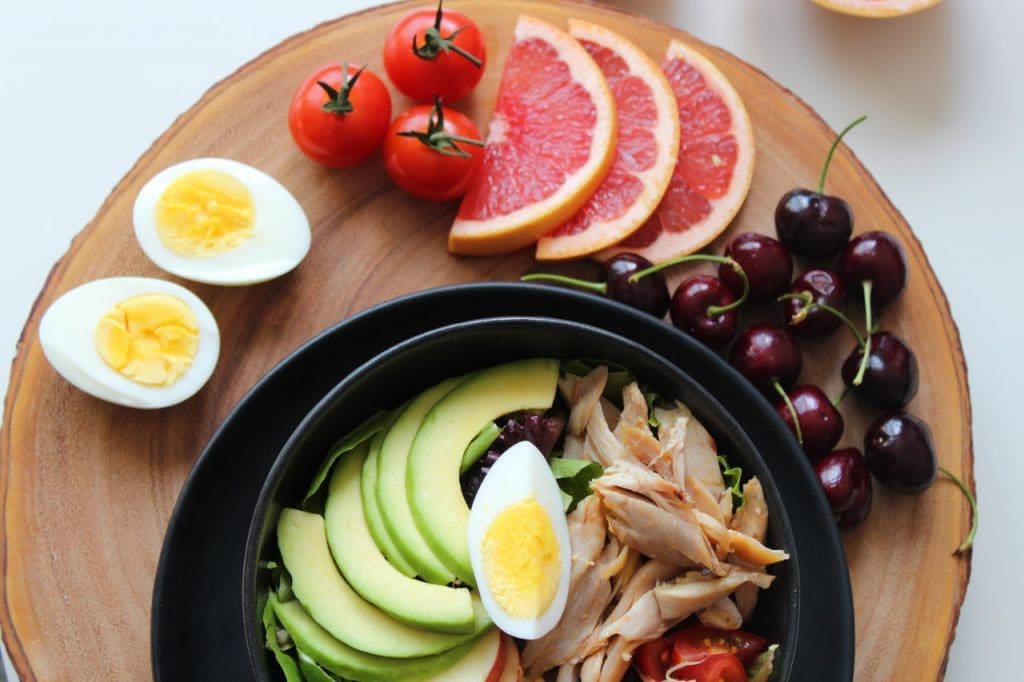
There are many vegetarian and vegan protein sources in this list, which makes it diverse and inclusive as it has a little bit of something for everyone. We suggest that you keep referring to this article to include different protein-rich food sources in your diet to avoid your daily food routine becoming monotonous.
Featured Photo by Farhad Ibrahimzade on Unsplash

